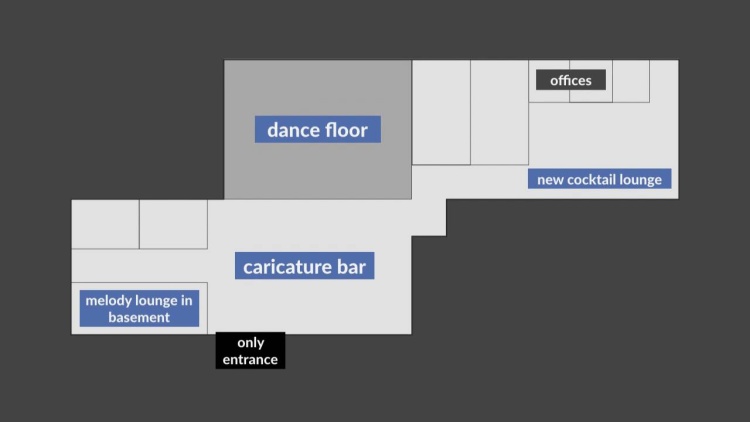Commonwealth v. Welansky
Massachusetts Supreme Judicial Court
55 N.E.2d 902 (1944)
- Written by Craig Conway, LLM
Facts
Barnett Welansky (defendant) spent most of his evenings running a nightclub he owned in Boston. The nightclub was a mix of various rooms, narrow hallways, and poorly marked exit doors. Three of the emergency exits were in obscure locations, poorly marked, and accessible only to knowledgeable employees. One of the emergency exits was blocked by a screen and several dining tables. Another exit was kept locked to prevent patrons from leaving without paying their bill. During a three-week period, Welansky was in the hospital. One evening during that period, a nightclub bartender asked an employee to turn on a light in a dark area of a room. The employee lit a match to see the bulb, turned the bulb in its socket to light it, and blew out the match. However, the flame of the match ignited a nearby palm tree, which then ignited a nearby low-hanging cloth. The fire spread rapidly. The crowd of around 1,000 panicked and unsuccessfully tried to get out of the nightclub. Many patrons and employees were killed. Welansky was charged with, and found guilty of, numerous counts of involuntary manslaughter through wanton or reckless conduct based on the overcrowding, installation of flammable decorations, absence of fire doors, and failure to maintain proper means of egress at the night club. Welansky appealed.
Rule of Law
Issue
Holding and Reasoning (Lummus, J.)
What to do next…
Here's why 907,000 law students have relied on our case briefs:
- Written by law professors and practitioners, not other law students. 47,100 briefs, keyed to 996 casebooks. Top-notch customer support.
- The right amount of information, includes the facts, issues, rule of law, holding and reasoning, and any concurrences and dissents.
- Access in your classes, works on your mobile and tablet. Massive library of related video lessons and high quality multiple-choice questions.
- Easy to use, uniform format for every case brief. Written in plain English, not in legalese. Our briefs summarize and simplify; they don’t just repeat the court’s language.





